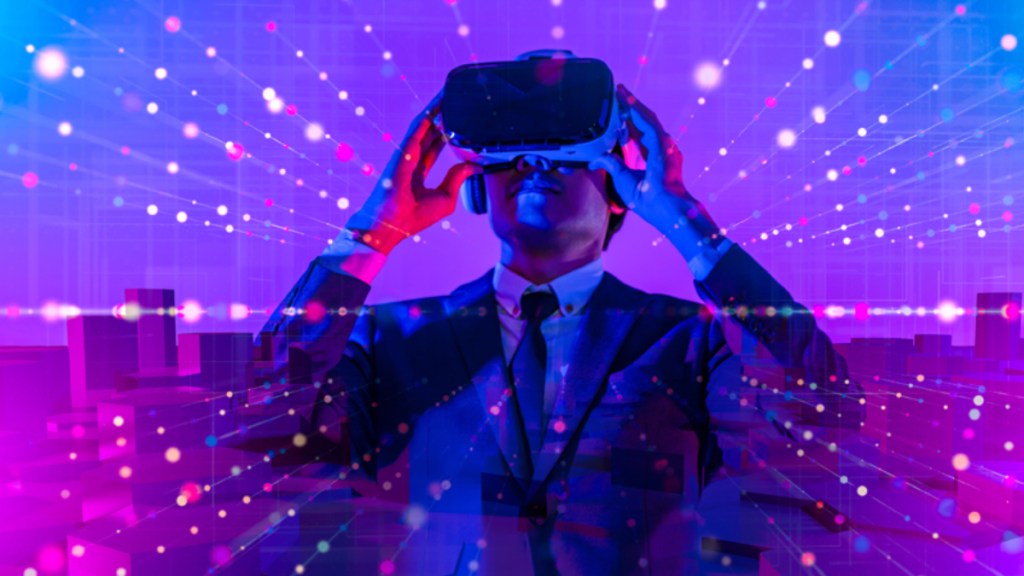For every fan of the Metaverse, there are many non-believers. The technical difficulties of creating a seamless, fully-immersive virtual experience are daunting, and the Metaverse may ultimately turn out to be nothing more than a slick marketing tool, used to sell VR gear to its users. Only time will tell if the Metaverse lives up to its hype or becomes just another forgotten footnote in the history of technology.
On the other hand, Metaverse does hold immense promise and, if experts are to believe, this is just the beginning. The Consumer Electronics Show or CES at Las Vegas, which concluded last month, had a lot to show around the Metaverse. And the progress being made toward attracting more real people into the virtual world is impressive. “Smaller and more lightweight devices like watches are being developed that will track and control movement in the virtual world,” says Piyush Gupta, CEO, VOSMOS, a Metaverse and virtual experiences tech startup, and an exhibitor at CES.
The pursuit of profit and growth is why any company evaluates and adopts new technologies. Metaverse is no different. The USP that Metaverse boasts of is “the ease of customer outreach and with maximum impact.” As an example, in the hospitality sector, Metaverse provides new ways for hotels to engage with customers and showcase their properties in a fully immersive environment, allowing customers to explore and interact with the hotel’s amenities and rooms, before making online reservations and booking their stay.
Asked whether the Metaverse is all hype or if it would become popular in India, Piyush agrees that “mass adoption is still some years away.” He adds that mass adoption “depends on several other factors including the advancement of technology, technology infrastructure and the ability to process large-scale data. There needs to be a significant investment in creating the technological infrastructure and content necessary to support a fully-realized Metaverse.”
Most technologies start out as specialised tools for businesses, governments, or other organizations, before they are refined and made more accessible to the public. This is a common pattern in the technology industry and has been seen with many innovations over the years, including computers, smartphones, and other consumer electronics. Similarly, Metaverse is finding or is waiting to find real use in many industries, which may ultimately transform or disrupt processes and outcomes.
“The industries that are most likely to adopt the Metaverse include retail and e-commerce, real estate, hospitality, automobile, and education. The Metaverse can offer these industries new and innovative ways for customers to explore, interact with products, and make purchases in a fully immersive environment,” Piyush Gupta adds.
“The Metaverse has the potential to provide new and innovative ways for e-commerce, which includes virtual stores, product demonstrations, product customization, shopping, and more.” He adds “As technology becomes more widely available and cost-effective, more people will be able to participate in the Metaverse.”







